Blog
Unlocking Excellence: Quality at the Core
-
The Complete Guide to QMS System Software: Features, Compliance, Implementation, and ROI
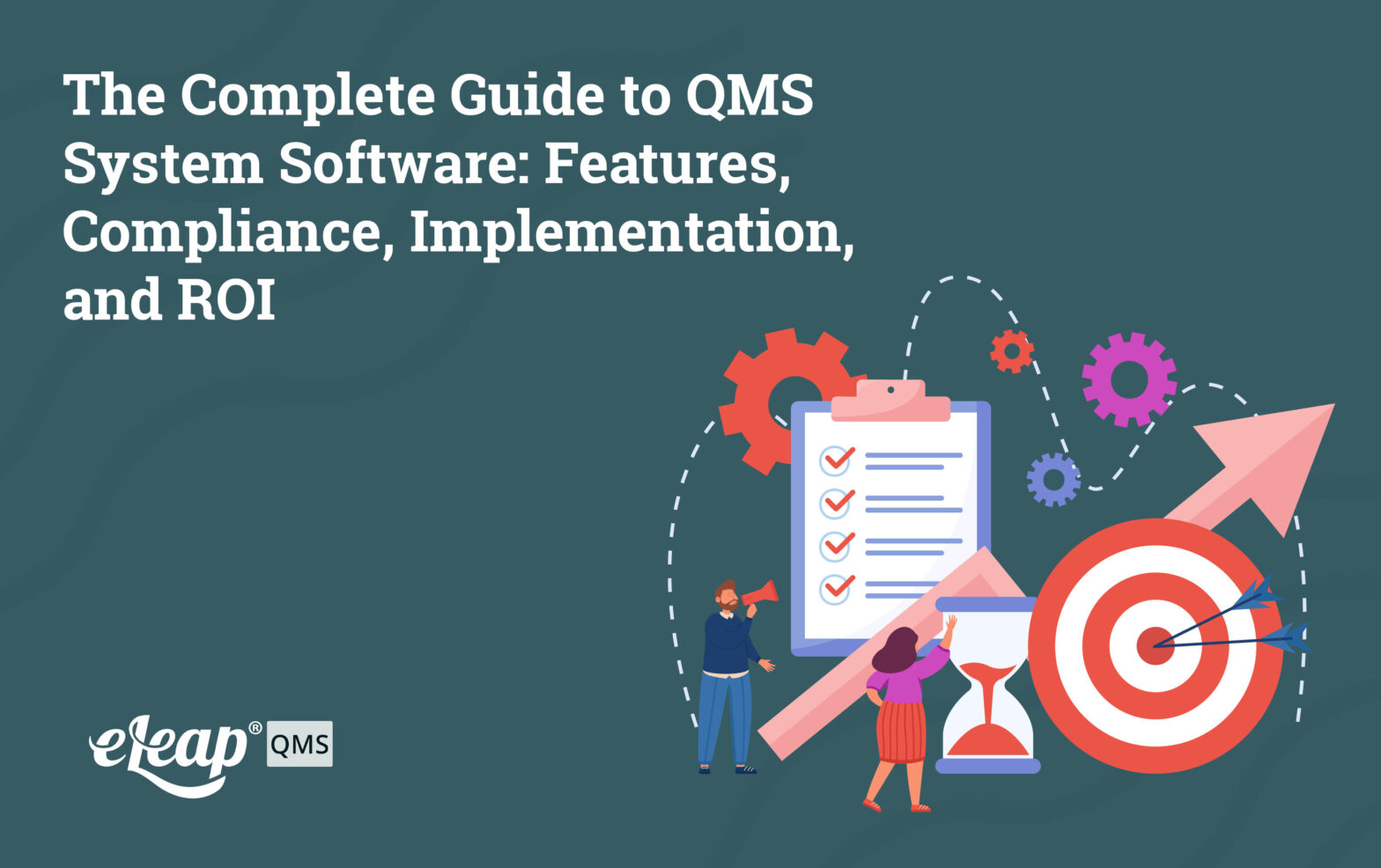
Quality problems don’t announce themselves. They compound quietly missed documentation, unresolved CAPAs, audit gaps until they become expensive. Organizations across pharmaceutical manufacturing, medical devices, aerospace, and food production are learning that manual quality management simply cannot scale. QMS system software changes that equation by centralizing, automating, and governing every quality process in a single controlled […]
-
Online Quality Management System: A Strategic Framework for Compliance, Risk Control, and Operational Excellence
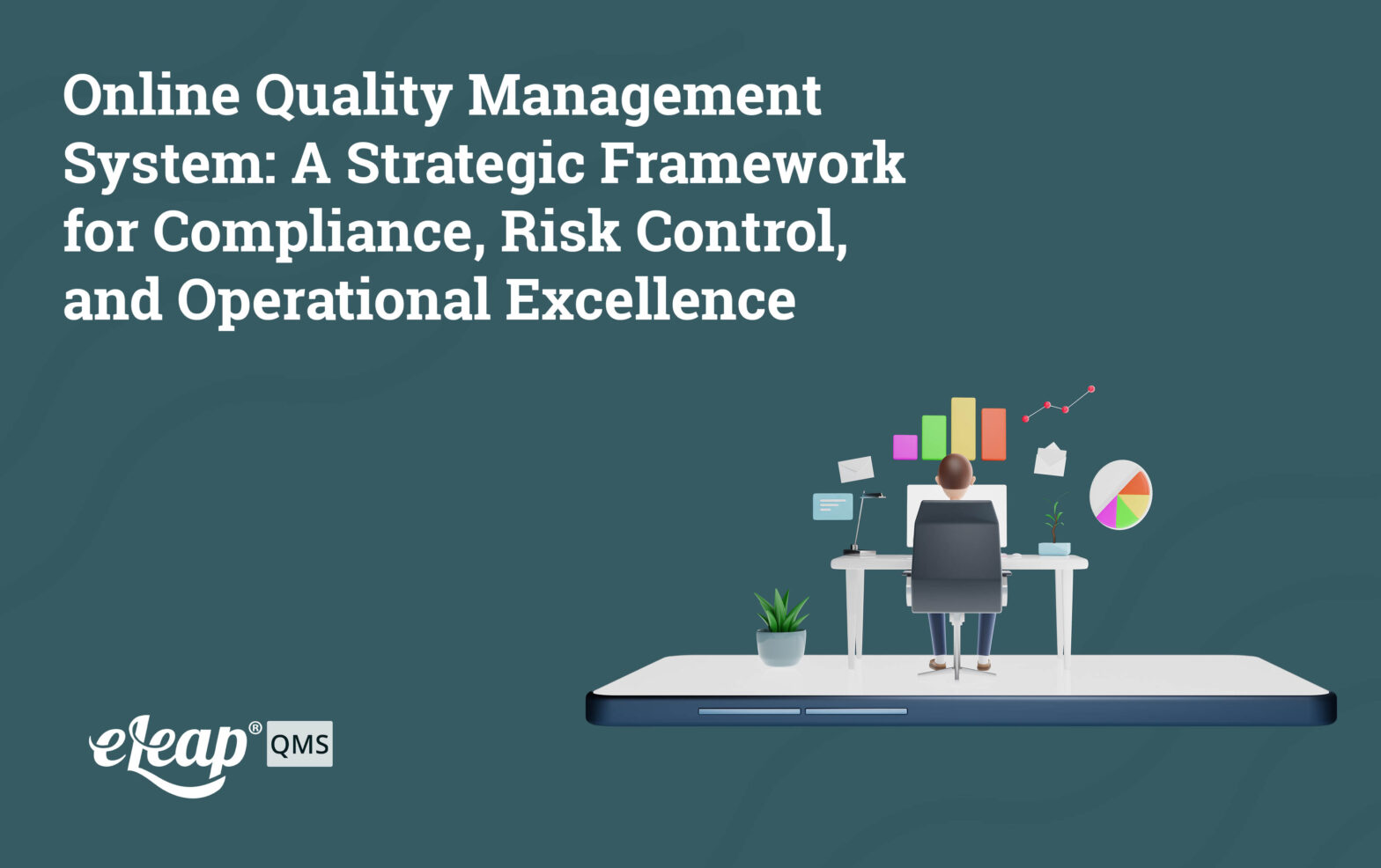
Quality failures are expensive. They damage reputations, trigger recalls, and invite regulatory scrutiny that can set an organization back years. Companies operating in pharmaceutical manufacturing, medical device production, and other regulated industries cannot afford guesswork in their quality processes. They need systems that provide structure, visibility, and control at every level and they need those […]
-
Quality Distribution in QMS: A Complete Guide to Compliance, Risk Control, and Supply Chain Integrity
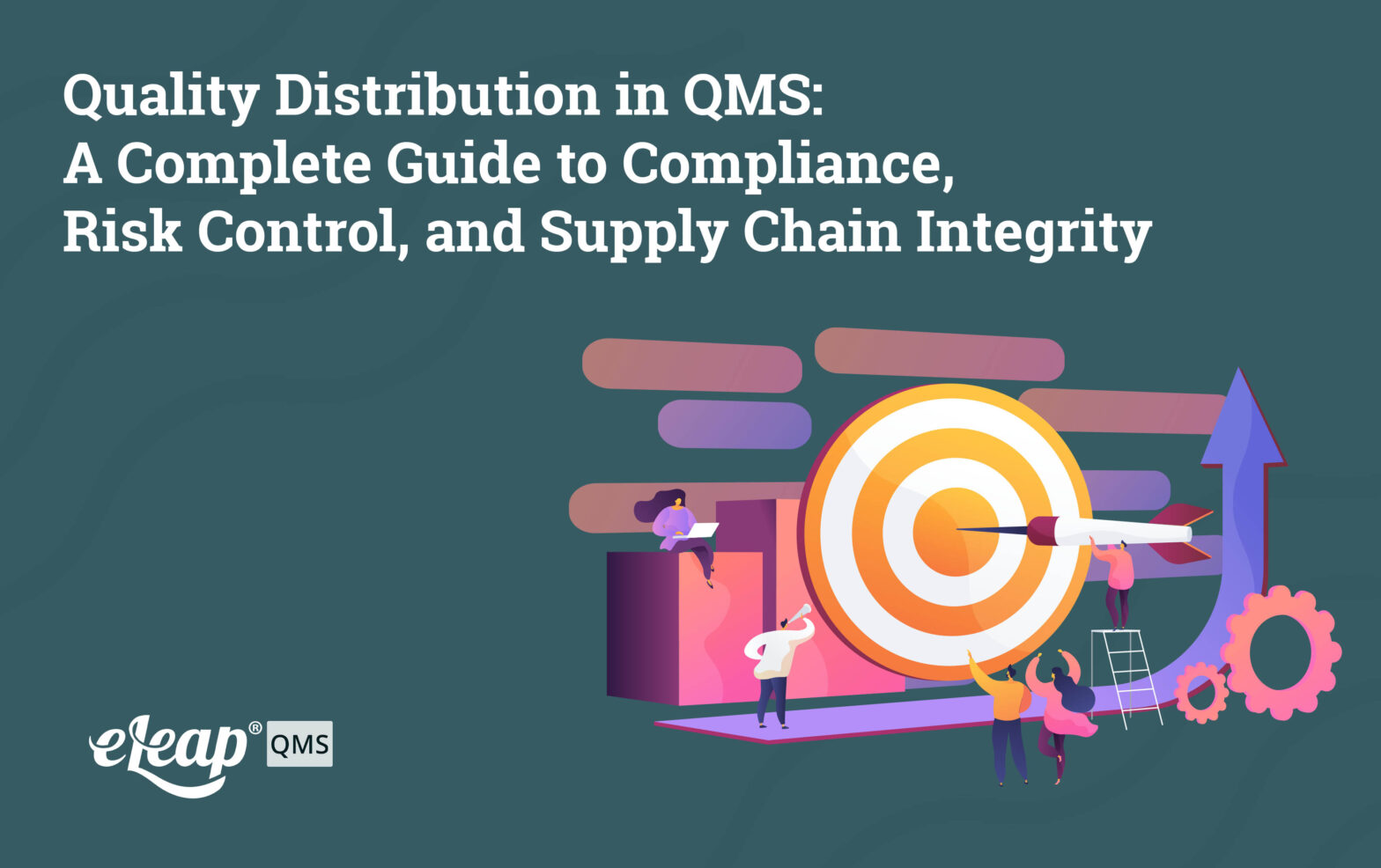
Most quality failures don’t happen in the lab. They happen in transit. A product leaves the facility meeting every specification, then sits in a poorly monitored truck where temperatures spike and the chain of custody breaks. By the time it reaches the customer, the damage is done and the QMS documentation trail that should explain […]
-
ISO 9001 Meaning Explained: What It Really Means for Your Quality Management System (QMS)
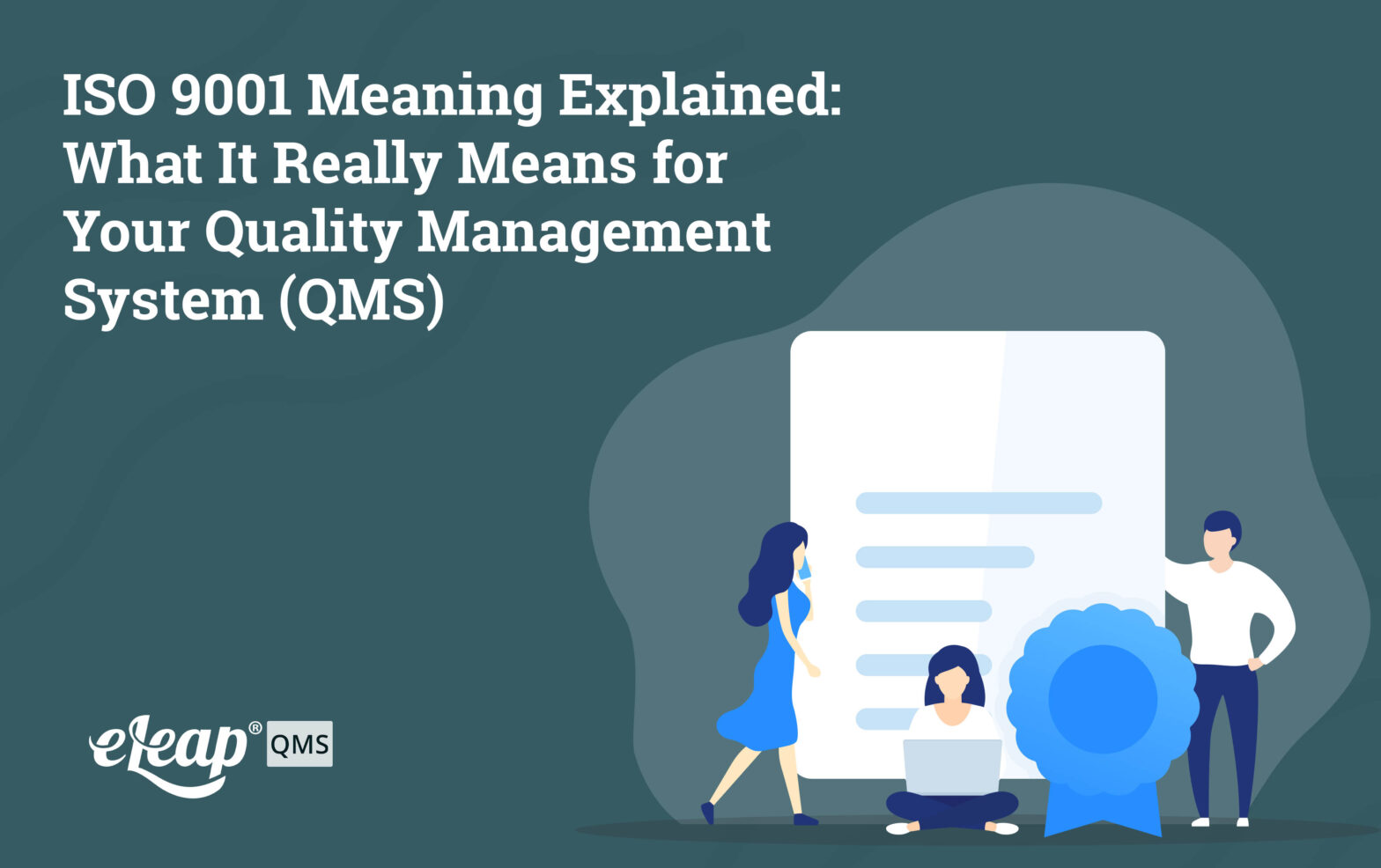
Most organizations that pursue ISO 9001 certification start with the wrong question. They ask, “What do we need to do to get certified?” The more valuable question is: “What does ISO 9001 actually require our quality management system to do and why?” The gap between those two questions is where most QMS implementations either succeed […]
-
Process Flow Chart in QMS: A Complete Guide to ISO 9001 Compliance, Process Mapping, and Continuous Improvement
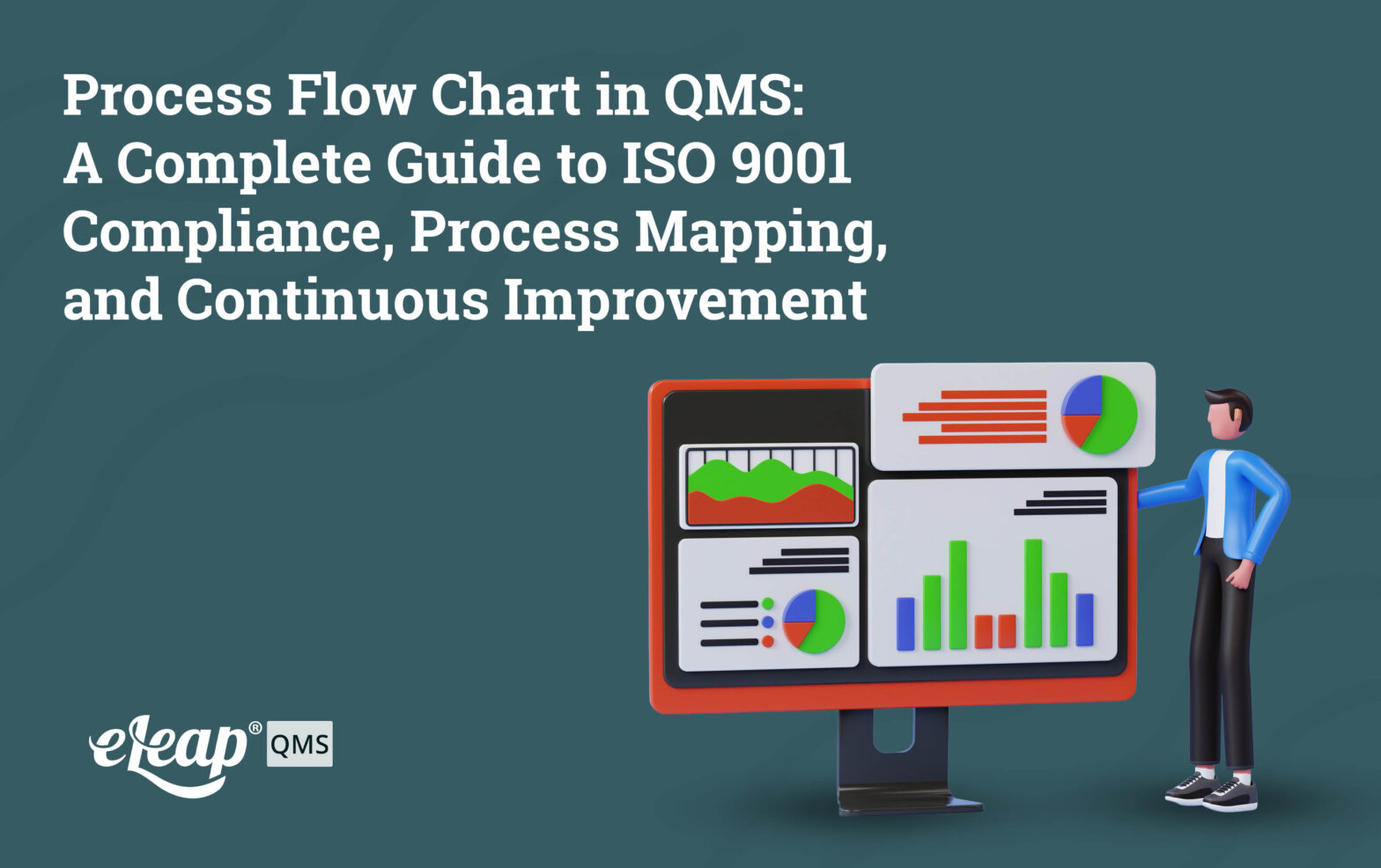
Ambiguity in how work gets done is one of the most consistent root causes of audit findings, recurring nonconformities, and failed inspections. When employees don’t know the sequence of a process, who owns each step, or what constitutes an acceptable output, quality breaks down systematically not accidentally. A well-designed process flow chart in QMS solves […]
-
Process Flow Diagram in QMS: The Ultimate Guide to ISO-Compliant Process Mapping
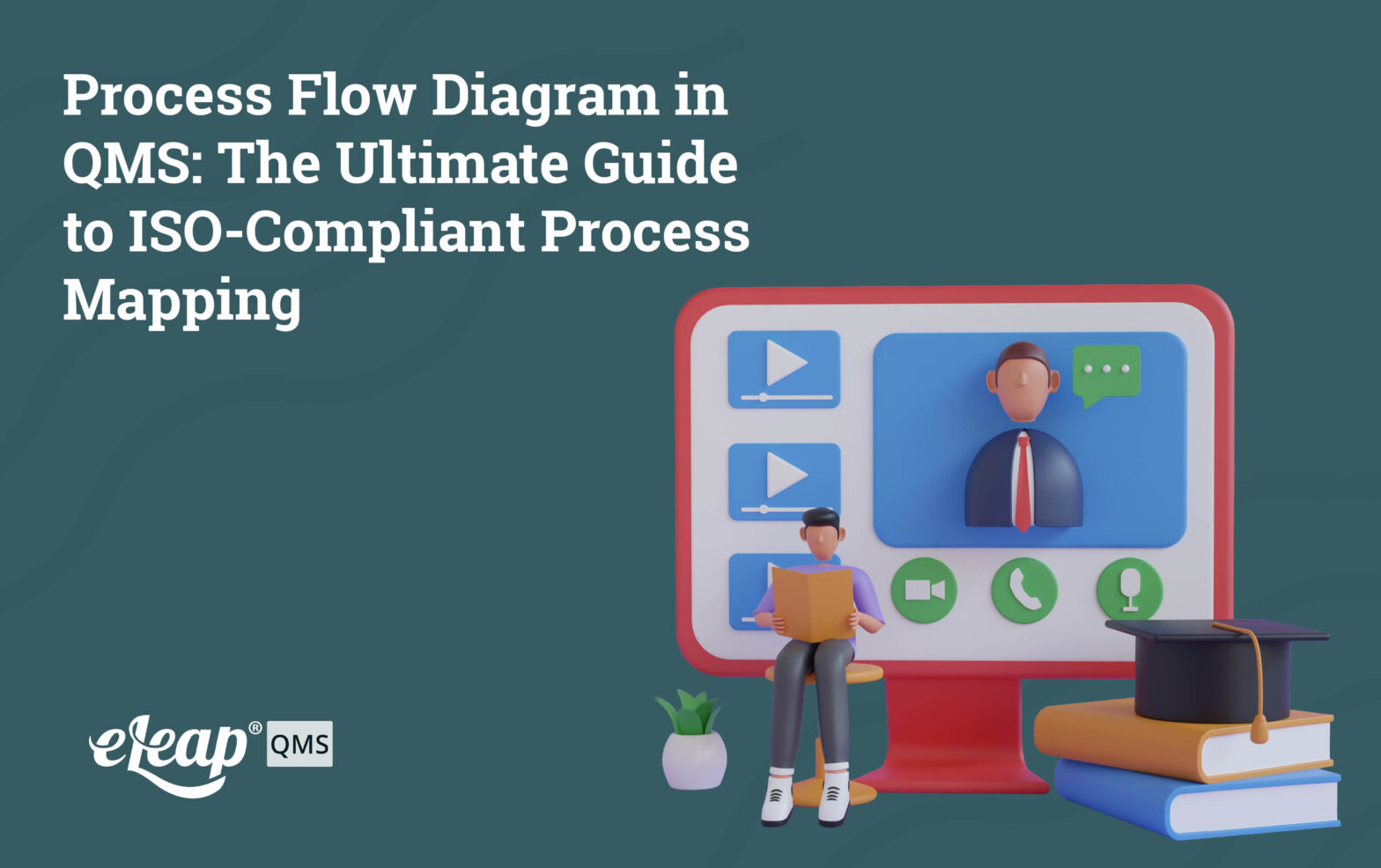
Quality managers in regulated industries deal with a persistent challenge: documented procedures that don’t reflect how work actually gets done. The gap between paper and practice is where audit findings live and where product quality erodes. A process flow diagram in QMS closes that gap. It makes abstract procedures concrete, visible, and auditable in a […]
-
Six Sigma Certification: The Complete Guide for Quality Management System Professionals
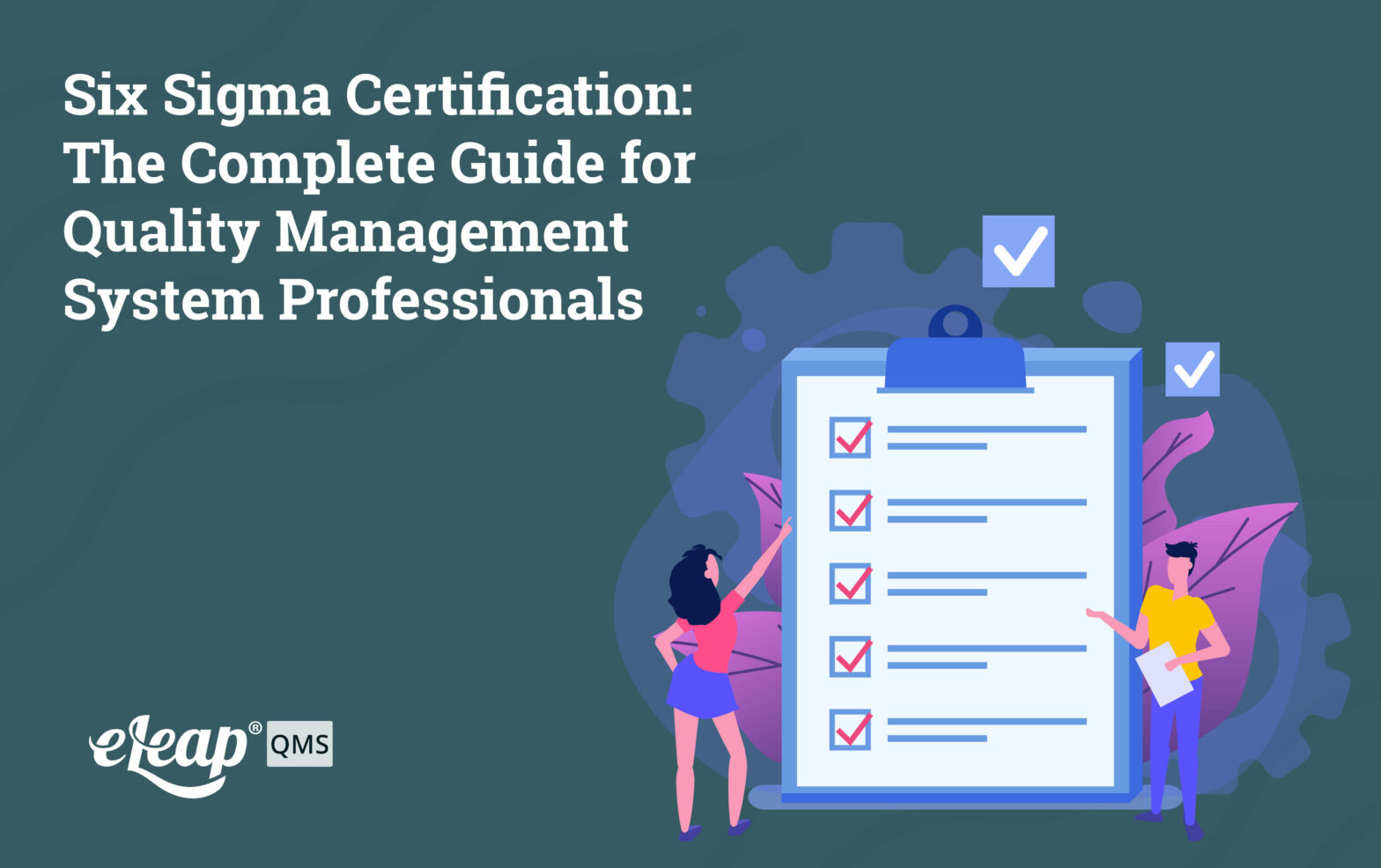
Quality Management Systems have evolved from compliance checkboxes into strategic performance engines. Organizations no longer accept maintaining standards alone they demand measurable reductions in defects, operational efficiency, and risk mitigation. For QMS professionals operating under ISO 9001, GMP, FDA regulations, or other compliance frameworks, Six Sigma certification has become essential for translating quality management system […]
-
Pharmacovigilance: Ensuring Drug Safety Throughout the Product Lifecycle
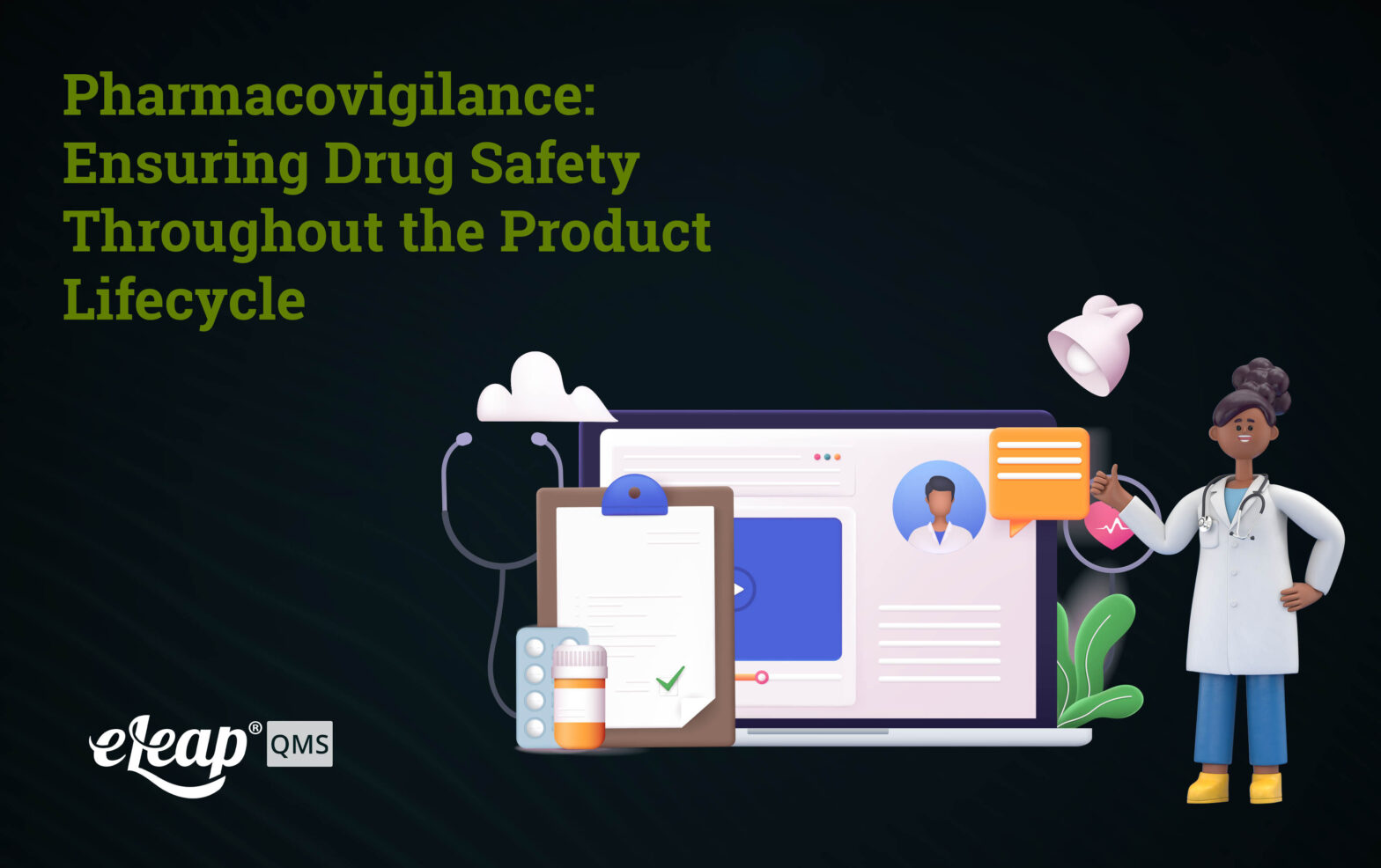
Introduction Pharmacovigilance represents one of the most critical disciplines in pharmaceutical development and post-market surveillance, serving as the cornerstone of patient safety and public health protection. As defined by the International Council for Harmonisation (ICH) E2E guideline, pharmacovigilance encompasses “the science and activities relating to the detection, assessment, understanding and prevention of adverse effects or […]
-
Product Recall in Quality Management Systems: Causes, Processes, and Prevention Strategies
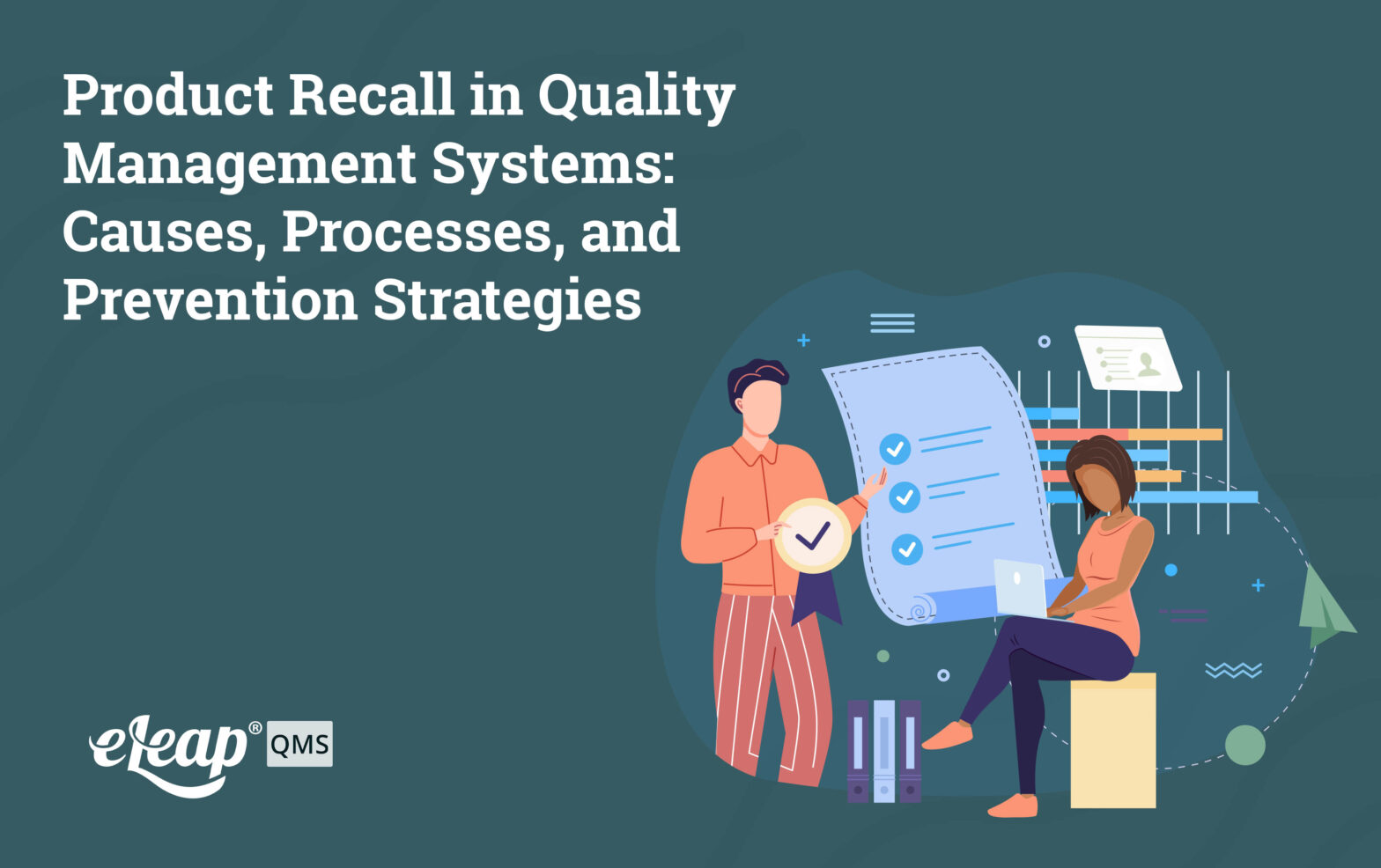
Product recalls have become an unavoidable reality in manufacturing and regulated industries. As supply chains expand globally, products grow more sophisticated, and compliance requirements tighten, even minor quality lapses can escalate into large-scale recall events. For pharmaceutical manufacturers, medical device companies, food producers, and aerospace operations, a product recall is more than a temporary disruption […]
-
Value Stream Mapping in Quality Management Systems: A Complete Guide to Process Excellence
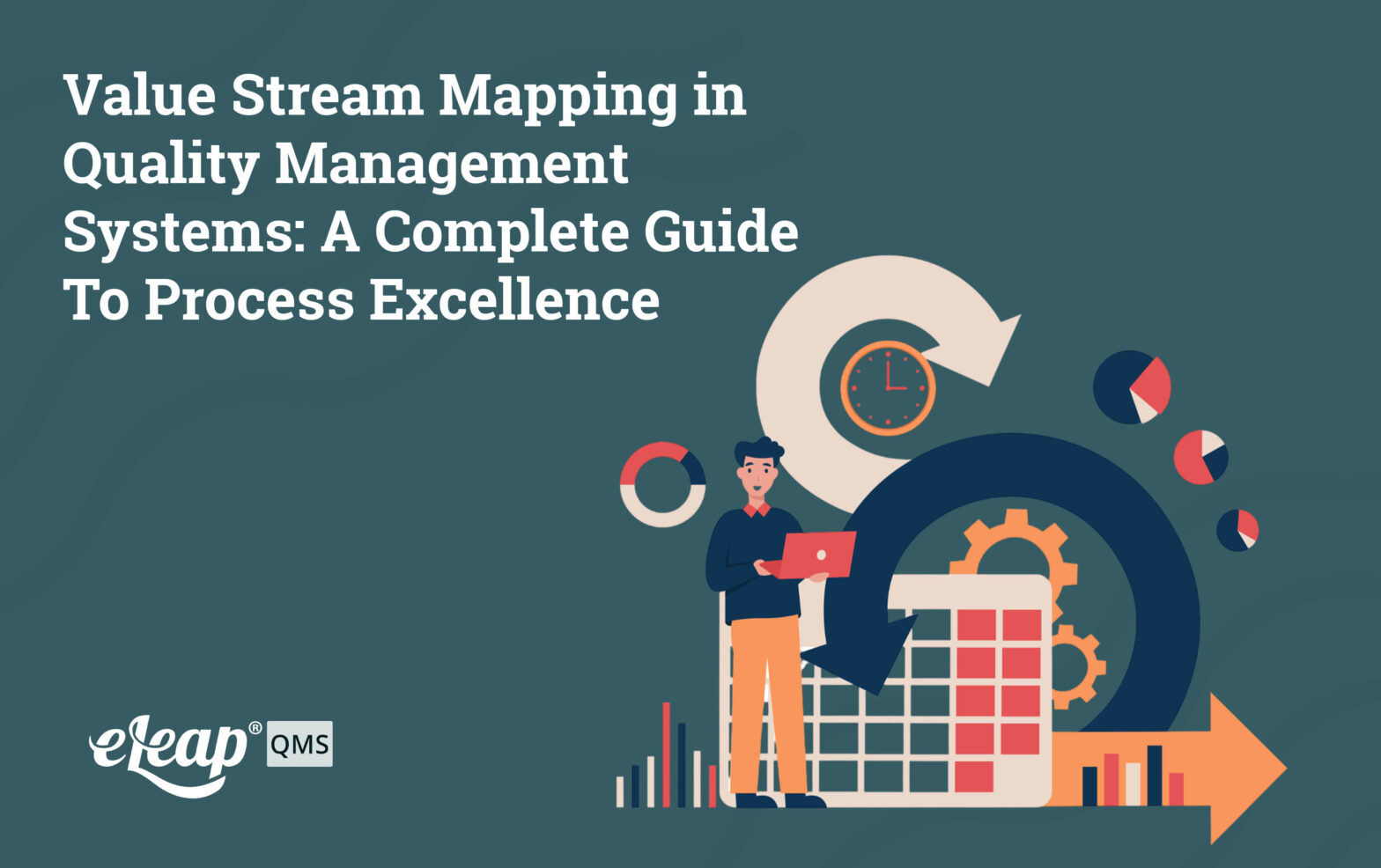
For quality professionals managing FDA-regulated operations, the daily grind reveals a frustrating pattern: non-conformances pile up, audit findings surface unexpectedly, and process inefficiencies remain stubbornly invisible until they cascade into larger problems. These operational blind spots what we call quality silos drain resources, obscure compliance risks, and prevent organizations from achieving true operational excellence. This […]